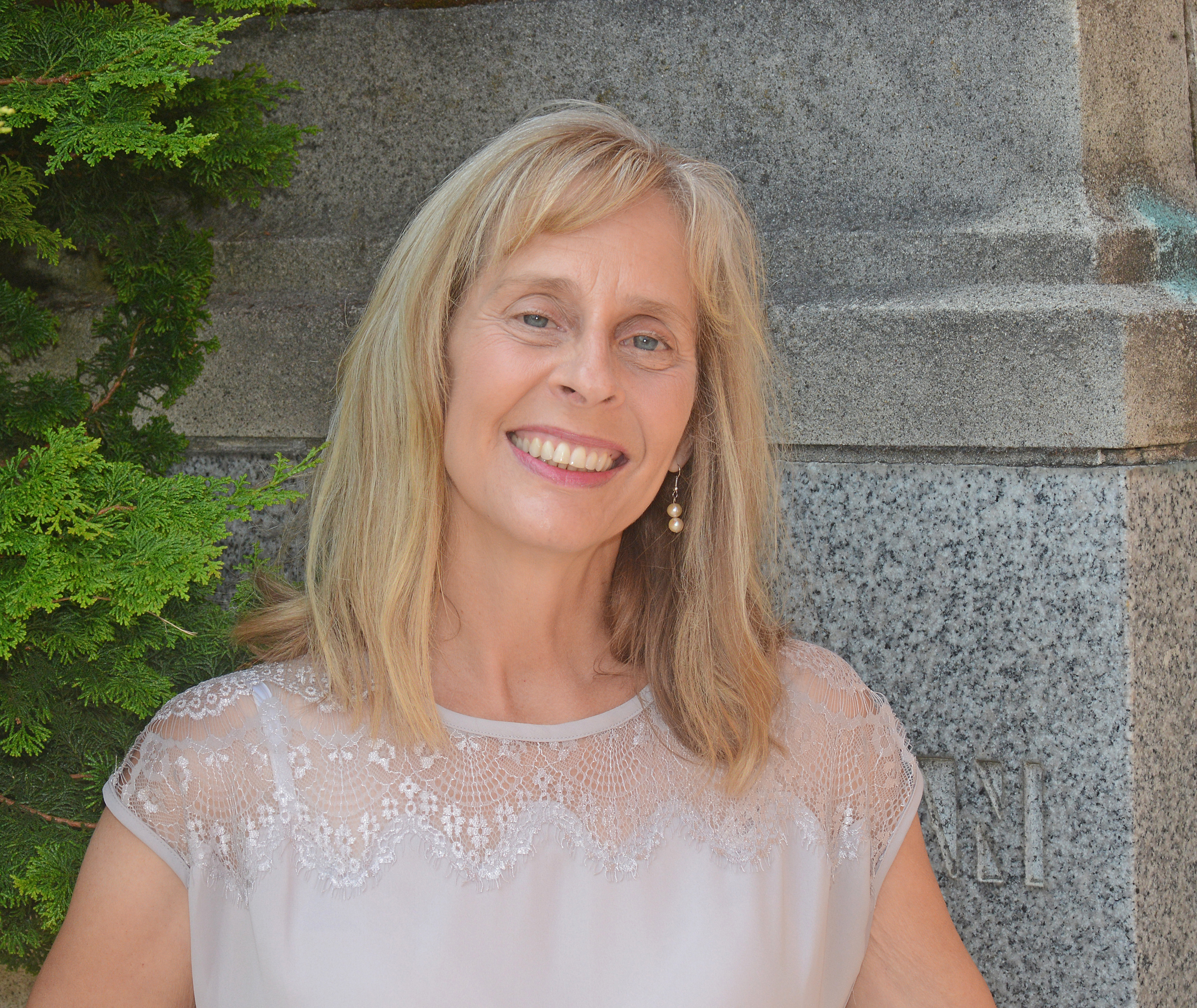 On an April evening in 2009, my phone rang. It was my brother-in-law in Kennewick, calling about my sister.
On an April evening in 2009, my phone rang. It was my brother-in-law in Kennewick, calling about my sister.
“Susie had an accident,” he said, straining to stay calm. “She fell off her horse and . . . she can’t move. She’s been airlifted to Spokane.”
I flew to Spokane, longing desperately for the best, dreading the worst. At Sacred Heart Hospital I hovered at my sister’s side while a nurse examined her utterly immobile body. I waited for the nurse to say something—anything! please!—about how Susie would improve over time. But the nurse just looked at her with pained eyes and said, “I’m so sorry this has happened to you. So sorry.”
I made myself stand strong until Susie fell asleep. Then I rushed to the hospital chapel, collapsed onto a pew, and sobbed.
Whatever unlikely hope we may have held out for Susie’s recovery, it soon eroded. Aside from small and uncoordinated movements in her hands, she was paralyzed from the neck down. A younger person might have been able to regain some function through therapy, but Susie was sixty-one, and her condition did not improve.
My sister, who had loved horseback riding, dancing and gardening, now lived in a motorized wheelchair and took thirty pills a day. Her weak hand movements could not steer her wheelchair well, and there was nothing she could manage without help. She tried doing her technical editing job with voice recognition software, but her work was clumsy and misspelled, useless to her employer. For my sister, long accustomed to hard work and productivity, this sudden helplessness was unbearable. She understood beyond doubt how extensive and permanent her injury was, and it tormented her to see the strain this was placing on her family.
Early on in my visits with her, I wanted to do things for her: vacuum the house, wash dishes, weed her neglected flower beds. I began to see, however, that what she wanted most was conversation, the kind we’d always had before she was paralyzed. She wanted to discuss books and swap news of our kids; and in spite of all her problems, she wanted to hear my small worries. She had not lost her sharp intellect and her sympathetic heart.
One day when I needed information for something I was writing, I sat down across from her wheelchair and interviewed her about the care of horses. She welcomed the discussion, so I asked her question after question. Susie answered thoughtfully with stories and examples, telling me in detail how to calm a flighty horse or treat its sore muscles. When I later wrote a scene based on her comments, the scene was strong and vivid—not because of my words, but because of Susie’s. As I think back on that interview now, I realize how much it meant to her to share her knowledge and to use her communication gifts. After all her powerless frustration, in this interview she felt useful.
Before Susie’s injury I assumed that disabled people wanted either help or independence. But Susie wanted interdependence. She depended on her family, and she wanted us to depend on her as well. We did that, more than we realized. Though Susie could no longer help with the dishes or the bills, she still gave us her insight, her warmth, and every now and then, even her laugh. These were irreplaceable gifts.
My sister died in January of 2011, twenty-one months after her paralysis. It took me until after her death to realize what a giver Susie had been, even when she thought she had nothing left to offer. I am grateful for the gifts she didn’t know she gave me.



Connie,
Thank you for this beautifully written and heartwarming story about your sister. I recently lost a family friend who had a similar accident, falling from a step stool and breaking his neck on a granite countertop. He, too, was confined to a wheelchair for about a year before his death. Like your sister, he suffered the loss of his own dependence, this wonderful man who had once been our neighborhood’s beacon of strength and wisdom. I agree that it’s important that everyone, of every ability, be interdependent with others in our community, for everyone has something to give.